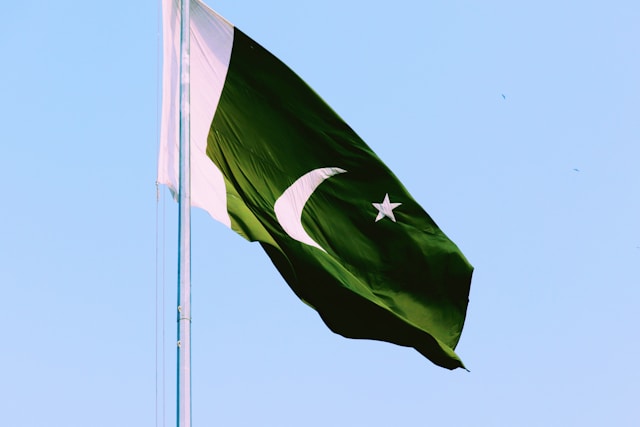The assessment mission concludes with significant progress despite no immediate agreement; government to align the budget with IMF demands for finalisation in July
Following an assessment mission by the International Monetary Fund (IMF) to Pakistan, the prospects for a new loan programme have advanced significantly, despite the absence of an immediate Staff Level Agreement (SLA). Nathan Porter, the Fund’s Mission Chief, expressed optimism about the progress made in discussions with Pakistani authorities regarding a fresh medium-term bailout loan package under the Extended Fund Facility (EFF).
While the mission returned to Washington without signing an SLA, Porter emphasized the substantial strides taken in addressing key areas of concern outlined by the IMF. These include enhancing public financing, revamping the energy sector, curbing inflation, and fostering private-sector development.
The IMF’s demands encompass a wide spectrum of economic reforms, ranging from revenue mobilisation and expenditure rationalisation to restructuring state-owned enterprises (SOEs) and promoting a level-playing field for investment. Additionally, the government is urged to align its budget proposals with IMF requirements, including adjustments to power and gas tariffs.
As per the IMF statement issued on Friday, discussions between the IMF and Pakistani authorities during the May 13-23 visit focused on devising a comprehensive economic policy and reform programme aligned with the EFF. The proposed reform agenda aims to transition Pakistan from economic stabilisation to robust, inclusive, and resilient growth.
Key components of the reform programme include strengthening public finances, ensuring energy sector viability, maintaining low inflation, improving public service provision, and fostering private sector development. The IMF and Pakistani authorities will continue virtual policy discussions in the coming days to finalize the SLA, including financial support from bilateral and multilateral partners.
Meanwhile, the Federal Board of Revenue (FBR) announced significant progress in the registration of retailers under the Tajir Dost Scheme, with over 17,000 retailers registered to date. The FBR anticipates further participation in the scheme, underscoring ongoing efforts to enhance revenue collection and compliance.
Analysis:
Economic Reform Agenda:
The IMF’s emphasis on economic stabilisation and structural reforms reflects the need for sustainable growth and fiscal discipline in Pakistan. Addressing key areas such as public financing, energy sector reform, and governance will be critical for long-term economic resilience.
Policy Coordination:
The alignment of Pakistan’s budget proposals with IMF requirements underscores the importance of policy coherence and coordination in securing international financial support. Timely implementation of reforms will be essential to unlock IMF assistance and attract investment.
Challenges Ahead:
Despite progress, challenges remain in implementing the comprehensive reform agenda outlined by the IMF. Addressing entrenched structural issues, such as energy sector inefficiencies and governance deficits, will require concerted efforts and political resolve.
Revenue Mobilisation:
The registration of retailers under the Tajir Dost Scheme signals efforts to broaden the tax base and enhance revenue mobilisation. However, sustained efforts will be needed to ensure compliance and address informal economic activity.
Multilateral Support:
Collaboration with bilateral and multilateral partners, in addition to the IMF, will be crucial for financing reform initiatives and supporting Pakistan’s economic recovery. Securing financial support from diverse sources will help mitigate risks and bolster confidence in Pakistan’s reform efforts.
